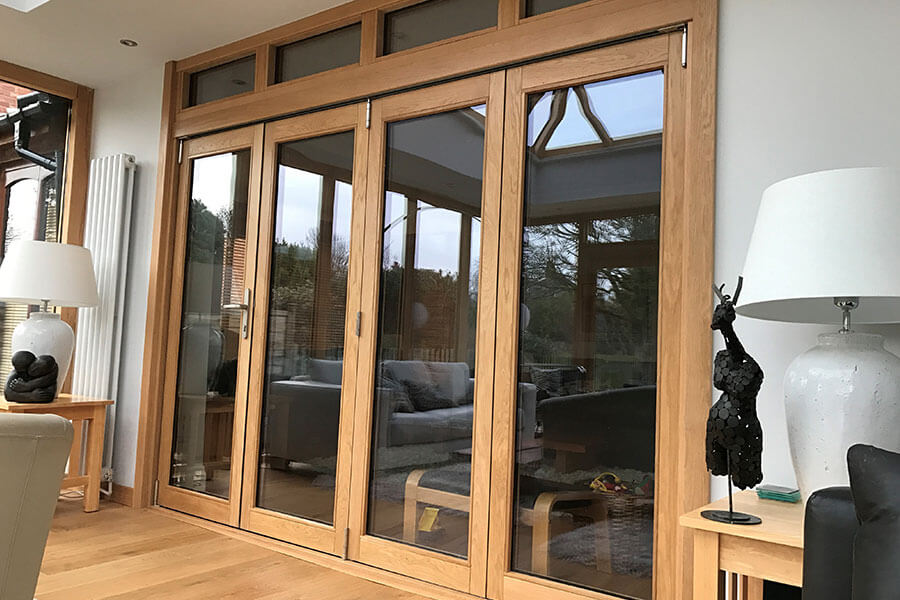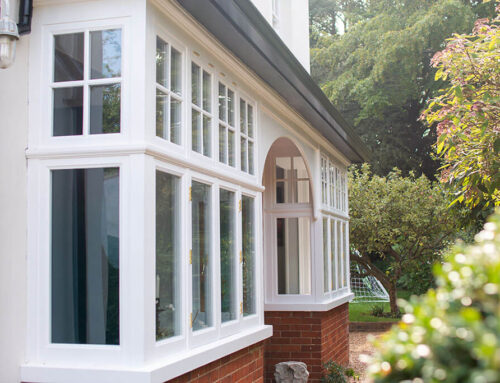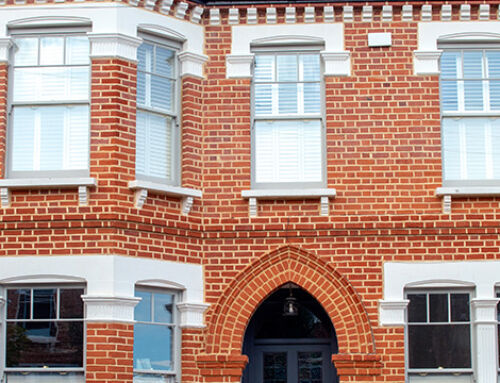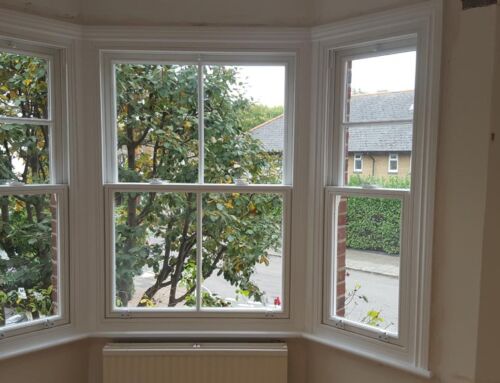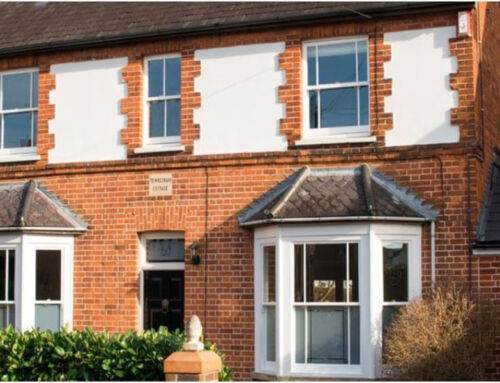Accoya sash is the epitome of custom workmanship, refined by design elements & sophistication. Accoya
sash windows enhance the property’s visual appeal, simple operations and thermal efficiency, giving it
more importance. Learn more about the timeless appeal and improving the durability of Accoya sash – an
example of London’s beautiful environment
Is Accoya Wood Good For Windows?
Accoya wood is the No.1 choice for sash windows in London due to its beautiful characteristics. Accoya
wood is developed with the ecological process that enhances the wood’s atoms, providing its remarkable
quality. This customised installation ensures London’s Accoya wood sash that can withstand the
changing climate for years to come.
Additionally, the enhanced stability of Accoya removes the possibility of cracking, swelling or shrinking for
years to come. It is desired to boost ecological goodwill, which results from the material used from the
environment during the production. When it comes to building solid and superior sash windows – Accoya
is the best option as it offers unparalleled durability, efficiency and aesthetic appeal.
Is Accoya Better Than Oak?
When comparing premium Accoya wood sash with oak sash windows, a number of factors to be
considered to be taken into account. Oak is considered for its inherent beauty and durability, whereas
Accoya wood has unique qualities that set it apart from oak. Due to exceptional durability, that enhances
it to swell and contract, keeping up with the quality.
Additionally, Accoya wood avoids rot, decay and insect damage more effectively than oak. The reputation
of accoya wood holds sustainability, which stems from its use of non-toxic production methods and
ethically produced materials, contributing to its appeal as a cutting edge and sustainable choice. Oak is a
popular choice for discerning customers like superior accoya for improved durability, efficiency and eco-
friendly.
Is Accoya Worth The Money?
Purchasing the finest Accoya wood sash windows in London is definitely a financial investment worth
making for discriminating homeowners looking for unwavering lifespan and quality. Despite having a
higher initial cost than other materials, Accoya wood offers exceptional long-term value due to its
unmatched durability, stability, and low maintenance requirements. Due to Accoya’s unique acetylation
process, which significantly improves its inherent qualities and renders it immune to insects, rot, and
deterioration, windows will remain solid in structure for many years.
Furthermore, Accoya’s high dimensional stability reduces problems such as swelling or warping, ensuring
a precise fit and seamless operation throughout time. Additionally, Accoya’s environmentally friendly
credentials—which come from using materials acquired sustainably and have little influence on the
environment during the production process—align with the ideals of contemporary homeowners. Those
who value excellence, longevity, and long-term worthwhile will find that investing in the highest-quality
Accoya wood sash windows is an excellent decision due to their outstanding performance and
sustainability.
Why Is Accoya So Expensive?
The expensive price of London’s Accoya wood sash is for the remarkable quality, durability and
functionality. Accoya wood is comparatively expensive due to several reasons. One such factor is the
complex acetylation process known for improving the stability, endurance and resistance to rot and insect
damage. However, the advanced machinery and expertise required for this process are among the
reasons for higher manufacturing costs.
Additionally, ethically managed forests produce Accoya wood, which guarantees its beneficial effects on
the environment but may also raise the cost of procurement. Furthermore, because Accoya wood
requires fewer repairs and replacements over time, its higher dimensional stability gradually balances off
long-term expenses. Premium Accoya wood windows in London are worth the greater initial cost because
of their exceptional quality and value, especially when you consider the amazing sustainability, lifespan,
and durability that Accoya wood provides.
Is Accoya Better Than Hardwood?
In contrast to hardwoods, which can wrap or grow and need frequent maintenance. Accoya retains its
dimensional stability under harsh conditions, guaranteeing long term durability. Additionally, compared to
certain hardwoods – Accoya wood is a more environmentally friendly option due to its sustainability, which
originates from resources responsibly. Accoya wood transforms to be more beneficial than timber sash,
offering unparalleled durability.
Accoya wood is superior and compared to conventional hardwood for several reasons. While hardwoods
like oak or mahogany are prized for their inherent appeal and durability. Accoya wood outperforms them
in some essential ways. Accoya wood undergoes a special acetylation procedure that alters its cellular
makeup and significantly enhances its characteristics. By using these techniques, Accoya accomplishes
remarkable resilience against damage, which perfectly uses doors and windows.
What are the disadvantages of Accoya timber?
Despite the many advantages of acacia wood, there are some possible drawbacks to take into account.
One drawback is the greater initial cost when compared with traditional timber options. Accoya’s pricey
price is driven up by an intricate acetylation procedure that enhances its already outstanding attributes.
Additionally, oak is not easily damaged by rot, decay, or insects, yet it can still break down on the surface
over time and need special attention or cleaning.
Significant variations in temperature or moisture content can also impact Accoya’s functionality, albeit less
so than with untreated wood, despite the wood’s exceptional dimensional stability. Additionally, in
particular regions, obtaining Accoya from sustainable forests might present logistical challenges that
affect supply and buying timelines. Despite these difficulties, the wood from acacia is still an appealing
choice for many applications because its overall benefits—such as stability, durability, and environmental
friendliness—often outweigh its drawbacks.





